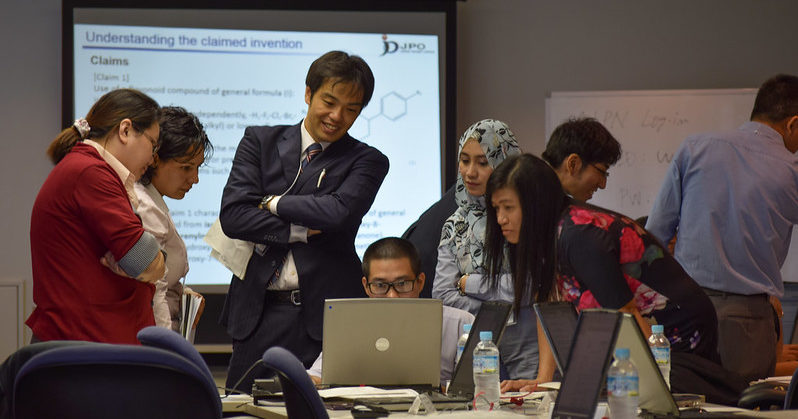This program will focus on intellectual property as a tool to support innovation in low- and middle-income countries for the benefit of industry, research institutions and farmers.
The Swedish Intellectual Property Office (PRV) organizes the programme in cooperation with the World Intellectual Property Organization (WIPO) involving Swedish partners, Swedish University of Agricultural Sciences (SLU), Swedish International Agricultural Network Initiative (SIANI) and We Effect.
The International Training Programme on “Intellectual Property and Genetic Resources – in support of innovation” is directed to persons that are policy-makers with a mandate to implement changes relevant for intellectual property and innovation in relation to genetic resources. The target organizations are within government, research, businesses and organizations connected to intellectual property and the farming sector. Participating organizations are expected to be open to change and to invest their own resources to achieve these changes. The programme fosters change on an individual level, organisational level and ultimately on a national level.
This programme will build human capacity in Intellectual Property in the field of genetic resources and traditional knowledge in Support of innovation. The training will provide the participants with an understanding of the rationale of the intellectual property system including:
- how intellectual property can contribute to public health,
- how intellectual property can address climate changes,
- how intellectual property can be used to support innovation,
- how intellectual property can be used to make new technologies available,
- how intellectual property can support rural development,
- how intellectual property can be used to empower small businesses,
- how intellectual property can promote scientific research,
- how intellectual property could contribute to inclusive economic growth and reduced poverty.
The programme will explore in five different phases the complex and evolving policy landscape for intellectual property, innovation, public health, climate changes, agriculture and biodiversity such as WIPO-treaties, the FAO Plant Treaty and WHO Pandemic Influenza Preparedness Framework1, amongst others.
The national implementation of these international obligations and available options and flexibilities will be analyzed, taking into account national and local stakeholders’ roles and needs and special attention will be given to gender perspective of intellectual property for different user groups.
The training is planned to take place between April 11 and 20, 2021. It will be given either virtually or in Stockholm (Sweden) and in Switzerland. A follow-up physical meeting is planned between November 7 and 12, 2021.
Following countries are particularly in focus this year: Bangladesh, Cambodia, Indonesia, Kenya, Malawi, Mozambique, Rwanda, Sri Lanka, Tanzania, Uganda and Zambia.
Information brochure with programme details and application procedure.
Deadline for application is January 11, 2021.
